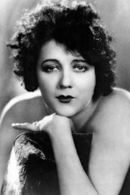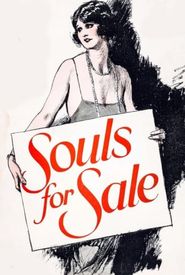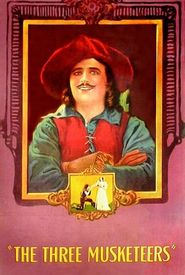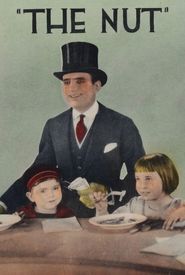Barbara La Marr was born Reatha Watson in Yakima, Washington, on July 28, 1896, and spent her childhood in a relatively uneventful manner, as Yakima was not a hub of activity at the time. Her parents later relocated to the Los Angeles area, where she began to explore the world of show business, initially drawn to the vibrant city's lifestyle. As she grew older, Barbara's passion for dancing and writing only intensified, but her arrest for performing in burlesque at a young age led her to change her name to Barbara La Marr, seeking to distance herself from her past.
Despite her aspirations, the movie industry initially saw her as having a specific role, capitalizing on her striking beauty. Barbara's early years in New York were marked by her debut film, Harriet and the Piper (1920),which she made under her married name, Barbara Deely. She quickly gained popularity, starring in films such as The Three Musketeers (1921),Desperate Trails (1921),and The Nut (1921),which catapulted her to superstardom. The public adored her, and she received countless fan letters, but Barbara's focus shifted to her late-night partying habits, which, coupled with her substance abuse, began to take a toll on her health.
Throughout 1923, Barbara continued to produce films at an incredible pace, starring in Poor Men's Wives (1923),The Brass Bottle (1923),and Souls for Sale (1923),among others. Her final years were marked by a decline in her health, and she made only four films in 1924 and three in 1925. Her last film, The Girl from Montmartre (1926),was released shortly before her untimely death on February 2, 1926, at the age of 29, due to complications from tuberculosis, likely exacerbated by her years of reckless behavior.























